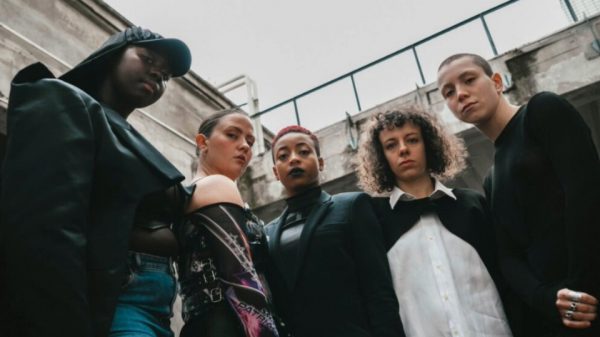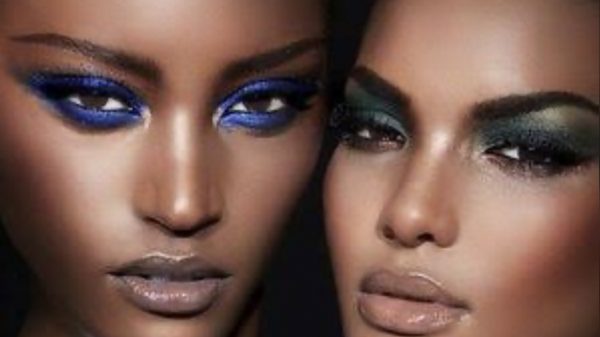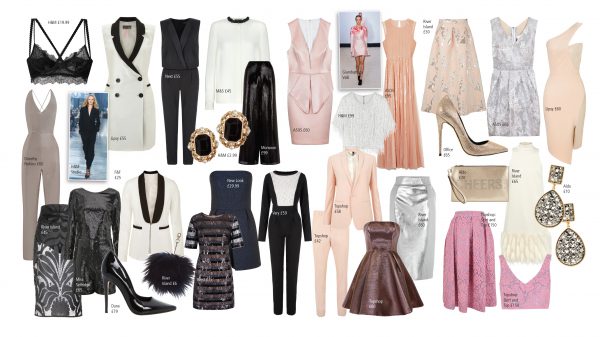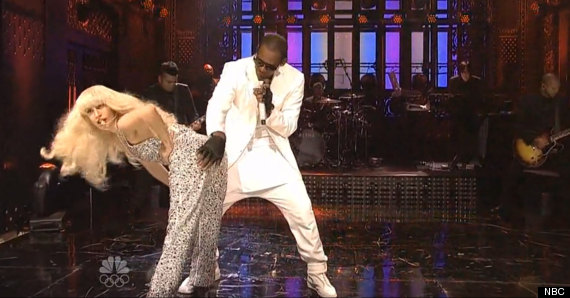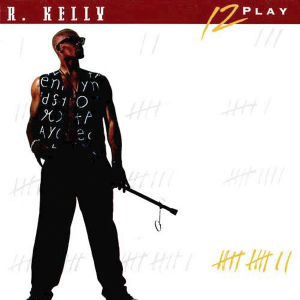It’s almost impossible to picture a family function, or a night at a mainstream club, or even your work Christmas party without ‘Ignition (Remix)’ being played at least once. You may have sung ‘I Believe I Can Fly’ in your school choir, and have spent hours in your bedroom, chuckling at the mounting surrealism of the ‘Trapped In The Closet’ saga.
So prominent is R Kelly’s influence on music – with over two decades in the industry, he has been one of its most prominent and commercially successful figures. His discography is expansive, as is his list of accolades and the number of people worldwide who have, at one point or another, considered themselves as fans.
But nearly for as long as the public has known him, has he been embroiled in legal disputes regarding his relationships with girls and young women. From his supposed marriage to late singer Aaliyah when she was 15, to his trial and eventual acquittal of engaging in sexual activity with an underage female on videotape in 2008, Robert Kelly’s name has been synonymous with worrisome behaviour for quite some time. And still, the successes have rolled on.
View this post on InstagramEnjoy your weekend…. you deserve it.
A post shared by R Kelly (@rkelly) on
July 2017 saw an investigative report published by BuzzFeed, which exposed the fears of parents who believe their daughter and other women are being held ‘against their will’ in a cult run by Kelly, unable to contact their family freely, or use the bathroom without his permission else risking verbal or physical punishment. Three former members of the singer’s close circle also gave details of the living conditions, ‘supporting the parents’ worst fears’ – according to them, Kelly houses the women in properties in Chicago and Atlanta, and controls ‘what they eat, how they dress, when they bathe, when they sleep, and how they engage in sexual encounters that he records’.
The article was disturbing, to say the least. In the immediate aftermath of its release, reactions both online and in traditional media have ranged from disbelief, to shock, to disgust – and while Kelly ‘unequivocally denies’ the claims made, it hasn’t stopped plenty of people from wondering how, despite the decades-long history of heavily rumoured misdemeanours, he has managed to stay so much a part of the cultural fabric – highly visible, and an occupier of space in the charts and on DJ playlists.
But when you see legions of supporters ready to combat the first criticism by giving examples of their work, it’s much easier to see why. ‘R Kelly is still my G… 12 Play people,’ reads one Tweet, posted soon after this most recent spate of allegations – just one of many examples of dismissing the story at hand. Despite a distressing and detailed allusion to young black women being placed in harmful living situations, for some, an album from 1993 is enough for Kelly to remain in their good graces.
What’s troubling about this argument is the fact that the products created is automatically taken into higher consideration than the safety of the alleged victims. When a person argues for a divide between the artist and their work as a quick response to claims of abuse and wrongdoings, it’s an immediate dismissal of the issue at hand and values the cultural artefacts over the lives of the women. Time and time again, people continue to consume the work of artists who have cause for concern, and wave doing so off with the excuse that the artistic product – the music, the films, the comedy shows – is completely separate from the person’s actions, and the goings-on in their personal life.
What a sad concept; the idea that a person can be let off, or can ‘slide’ due to feelings of nostalgia towards their past creations, simply brushing off the well-being of unknown numbers of women, majority of them being black, whose lives have been irrevocably impacted by the actions of a powerful man.
Chicago-based journalist Jim DeRogatis, who wrote the R Kelly BuzzFeed piece and has been covering the singer’s legal skirmishes for over 15 years has been open with his surprise at his continued popularity, and how the accusations have often been minimised as footnotes, if not forgotten altogether.
‘I’ve never expected other journalists and critics to feel as strongly about this story as I do,’ he wrote in the Village Voice in 2014, in reference to the sex videotape trial, ‘but neither did I expect the cultural amnesia that for years allowed many to ignore any reference to Kelly’s crimes, despite the mountains of evidence in the public record, or to dismiss them with a fleeting nod to past “controversy” or “rumours.”’
He summarised this with a sobering discovery that has been long expressed by plenty: ‘The saddest fact I’ve learned is nobody matters less to our society than young black women. Nobody.’
And in the easiness of folks to continue to consider Kelly as worthy of celebration, it’s a fact difficult to disprove. Black women are failed by those who refuse to hold Kelly accountable for his actions.
R Kelly. Bill Cosby. Chris Brown. Mike Tyson. Woody Allen – a few names in a long list of powerful men in the public eye who have been accused (and in many cases, proven guilty) of various misdeeds against women. Sadly, this is also a list of famous men who are continually held up as masters of their fields, to be revered to the point of where their talents absolve them of harsh judgement.
This isn’t to say, however, that one mistake or major misstep in conduct makes the entirety of a person. Nor is this a call for clearing your entire cultural catalogues of artists and creators who have at some point proved disappointing or offensive – because chances are, you’d be left with a paltry number in your playlists. But when a celebrity’s behaviour is repeatedly cited as problematic at best, and downright abusive at worst, it is a fan’s moral necessity to take a hard line on withdrawing support for a person entirely, regardless of whether we enjoy their work. By continuing to line the pockets of those with questionable actions, it sends the message that no matter what horrors have been committed in their personal life, the work will still be revered – and in turn, so will the artist. They stay popular, they stay relevant, they stay powerful – and they remain able to act in whatever ways they fancy, because why not? There’s no real consequence.
View this post on InstagramIt’s so much going on in this world, but I STILL believe "change is gon’ come." #KeepTheFaith
A post shared by R Kelly (@rkelly) on
Through his lawyer, Linda Mensch, Kelly has denied the BuzzFeed cult claims, stating that he is ‘both alarmed and disturbed at the recent revelations attributed to him’ and would work ‘diligently and forcibly to pursue his accusers and clear his name.’ The woman at the centre of the allegations, 21-year-old Jocelyn Savage, told celebrity website TMZ that she’s in a ‘happy place’ and she’s ‘not being brainwashed or anything like that’.
It may take years before we get to the bottom of this most recent of Kelly’s alleged misconducts. However, if now isn’t the time to stop giving passes to potentially dangerous men and allowing them to thrive on the pure basis of talent, when will it ever be?
Are you an R Kelly fan ‘til the end? Or has he been cancelled, with no hope of return? Write in to us at info@pridemagazine.com with your thoughts






